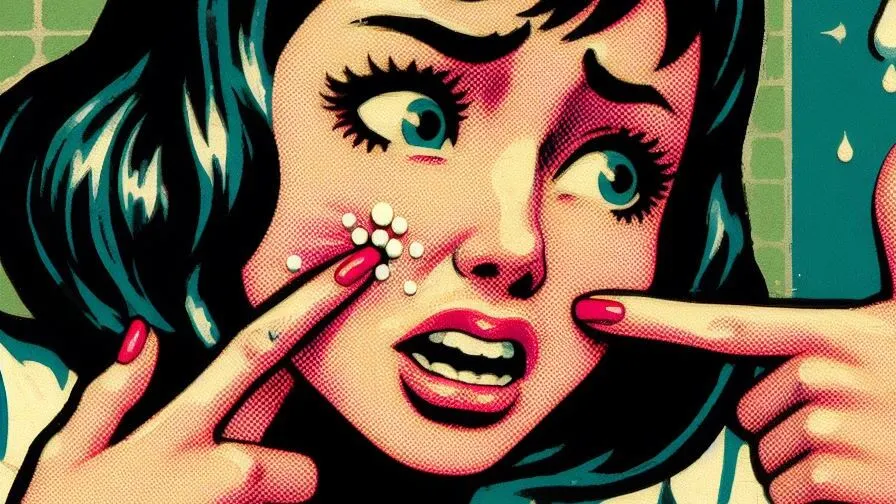Acne medicines Proactiv, Up & Up, Clinique, and Clearasil were just found to have elevated levels of benzene, a well known carcinogen.
According to the FDA, companies “should not release any drug product batch that contains benzene above 2 ppm”
Here are the benzene levels in…
— Truth Tsar (@truthtsar) March 7, 2024
There are not really any pharmaceuticals that are safe or advisable to use, beyond a few notable exceptions.
Obviously, you’ve got antibiotics. Those are overused and dangerous, but they do work and have changed the entire nature of healthcare. Then you have painkillers and anesthesia, which help with surgeries (although the former is really still just opium, a processed plant).
There are some heart medications that I understand save lives. I’m sure there are a few other examples someone could offer. But it’s simply an obvious fact that 99% of these drugs are unsafe, and people would be entirely better off simply using various natural remedies.
In actual fact, if people were healthier, they wouldn’t have very many health problems in the first place, and the drugs are one of the things that is making people so unhealthy.
High levels of cancer-causing chemical benzene were detected in some acne treatments from brands including Estee Lauder’s Clinique, Target’s Up & Up and Reckitt Benckiser-owned Clearasil, said independent U.S. laboratory Valisure.
Valisure has also filed a petition with the U.S. Food and Drug Administration, calling on the regulator to recall the products, conduct an investigation and revise industry guidance, the New Haven, Connecticut-based lab said on Wednesday.
Estee Lauder shares fell 2%. Benzene was also detected in Proactiv, PanOxyl, Walgreens’ acne soap bar and Walmart’s Equate Beauty acne cream among others, according to Valisure.
Benzene could form at “unacceptably high levels” in both prescription and over-the-counter benzoyl peroxide acne treatment products, Valisure said.
…
Valisure’s tests showed some products could form more than 800 times the conditionally restricted FDA concentration limit for benzene.
I had some light acne as a teenager, as we presumably all did (at least all the whites). It didn’t really bother me much. I just popped them if they were white and moved on. But of course the doctor is automatically going to say “oh, looks like you’ve got some acne, better give you this dangerous chemical cream.” It made things much worse, like I had eczema or something. I was told it was an allergic reaction and it’s like, okay. It was all benzoyl peroxide.
After that, I met some clear-skinned hippies who were like “bro the soap is draining the moisture from your face which is preventing the pores from breathing and naturally letting the oils push their way out.” And I was like “hey, that sure makes sense.” So I stopped using soap on my face, and it basically cleared up. I would still get the occasional zit, but it would be right at the top of my dermis, and therefore easy to pop without causing inflammation.
That was enough for me, but mine wasn’t bad. People who have it worse have a whole bunch of other natural options.
Unless you have a bacterial infection that threatens to spread, or you’re getting surgery, or you have a specific heart condition, just don’t use these drugs, ever. It’s not just vaccines and other high-profile scams. The whole industry is a gigantic scam.
I can’t believe that this issue with benzoyl peroxide breaking down into benzene in common acne medications has been known about for decades. What. The. Fuck. pic.twitter.com/TeMzU8V2aF
— Dakota (@DakotasTwits) March 6, 2024
